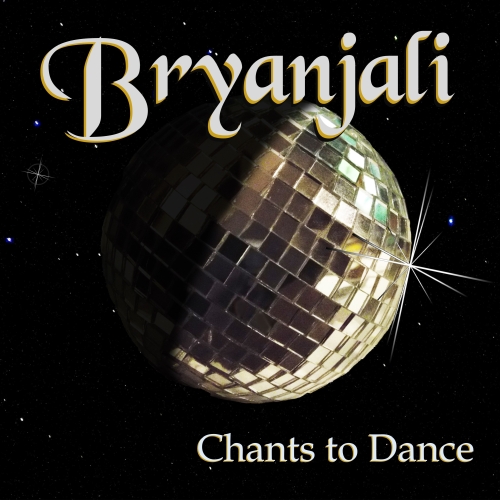Hara Bom Hara
Hara Bom Hara
Bom Bom Bom Bolo
Shiva Shankara Shiva Shankara
Hara Bom Hara
Bom Bom Bom Bolo
Hara = another name of Shiva
Bom = a bija mantra of Shiva
Bolo = “say it” or “sing it”
Shankara = means doer of good deeds, also another name for Shiva
The Intention of the Chant
The celebration of the sound of Shiva’s drum (which makes the sound bom-bom-bolo) and when played beats the pulse of liberation of beings. The energy and idea is that Shiva is the ‘destroyer’ who removes that which inhibits growth and comprehension. We celebrate our journey from ignorance to understanding, from bondage to freedom!
The following is an excerpt from https://www.hinduwebsite.com/siva/sankara.asp:
The word “samkara” or “sankara” is a combination of two words: “sam”+”kara”. “Sam” means good and “kara” means doer and therefore “samkara” means doer of good deeds. According to another interpretation, Samkara means the source of samadhi or self-absorption. Sam” means the state of sameness, equanimity or self-absorption (samadhi), which arises when one transcends the state of beingness (jiva) and enters pure consciousness (Siva). Thus from this perspective, “samkara” means the cause of union, sameness or self-realization.
“Sam” also means harmony or rhythm, as in case of Sama-veda (sama + Veda). Samaveda is a book of songs (Samans), composed in specific padas or beats and sung loudly during the sacrificial rituals according to a set rhythm to produce the best effects. Since, the hymns are pleasing to the ear and symbolize the order and regularity of the world, in the Bhagavadgita, Lord Krishna specifically mentioned Samaveda as his manifestation (vibhuti). He did not mention the other Vedas, although they are equally important. Sama also represents you inner harmony. If you are established in sama, you will have a pleasant and positive state of mind. You will be free from attraction and aversion to the pairs of opposites, such as pain and pleasure or heat and cold. If we go by this interpretation, “samkara” means creator of harmonious or melodious sounds. Indeed, Lord Siva is very much the source of all sounds and musical notes as symbolized by the dhamru he holds in his hands.
Next – Jaya Govinda

